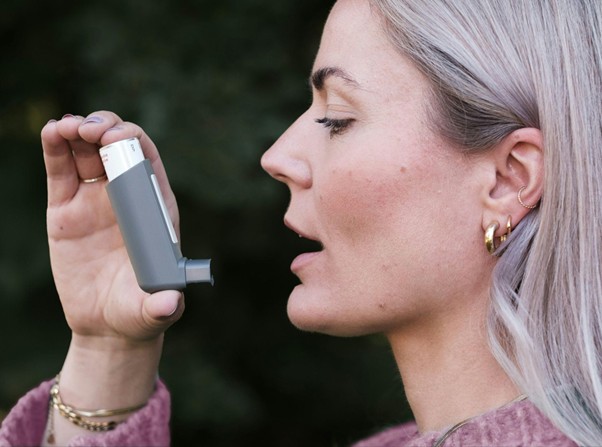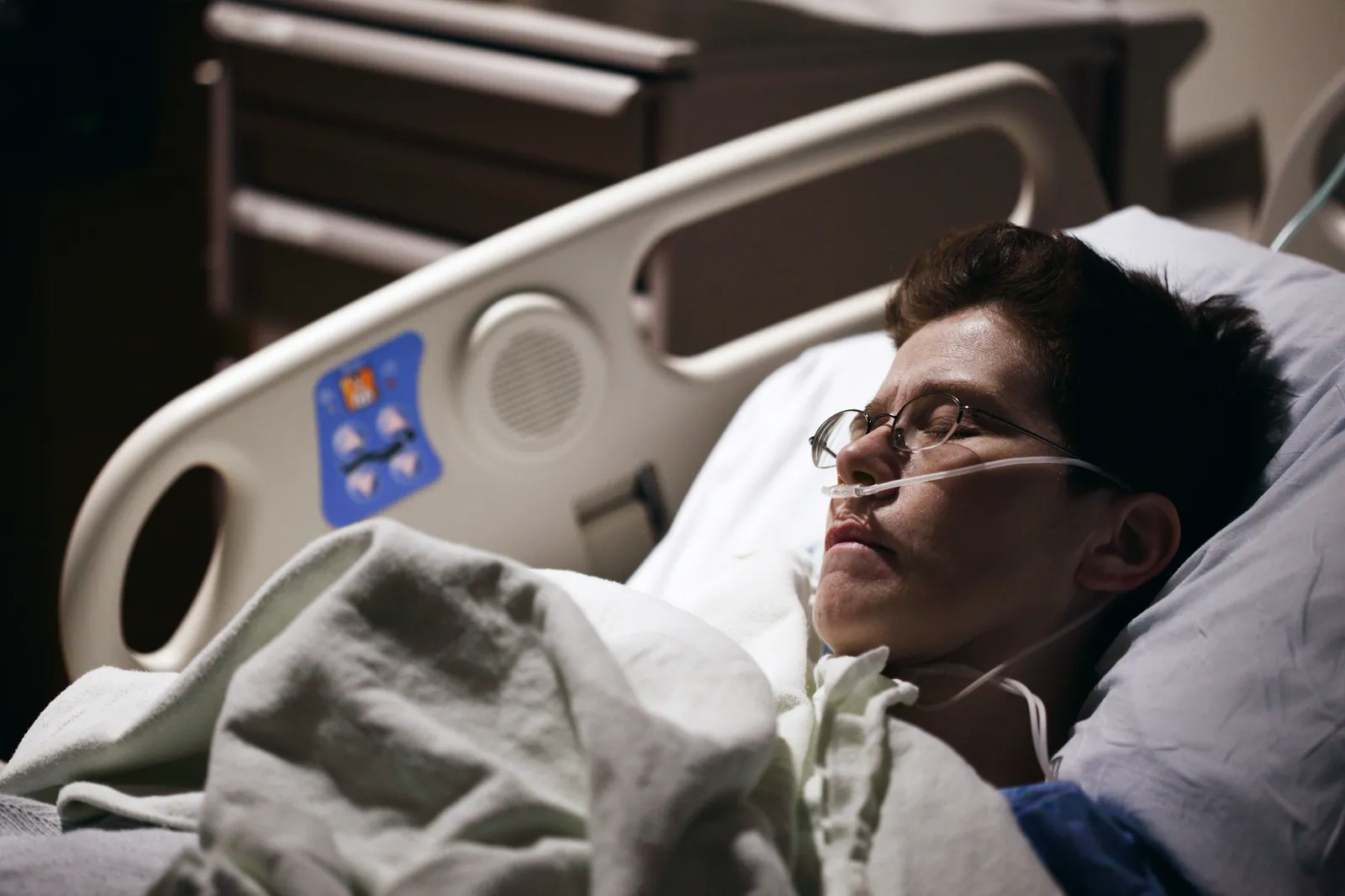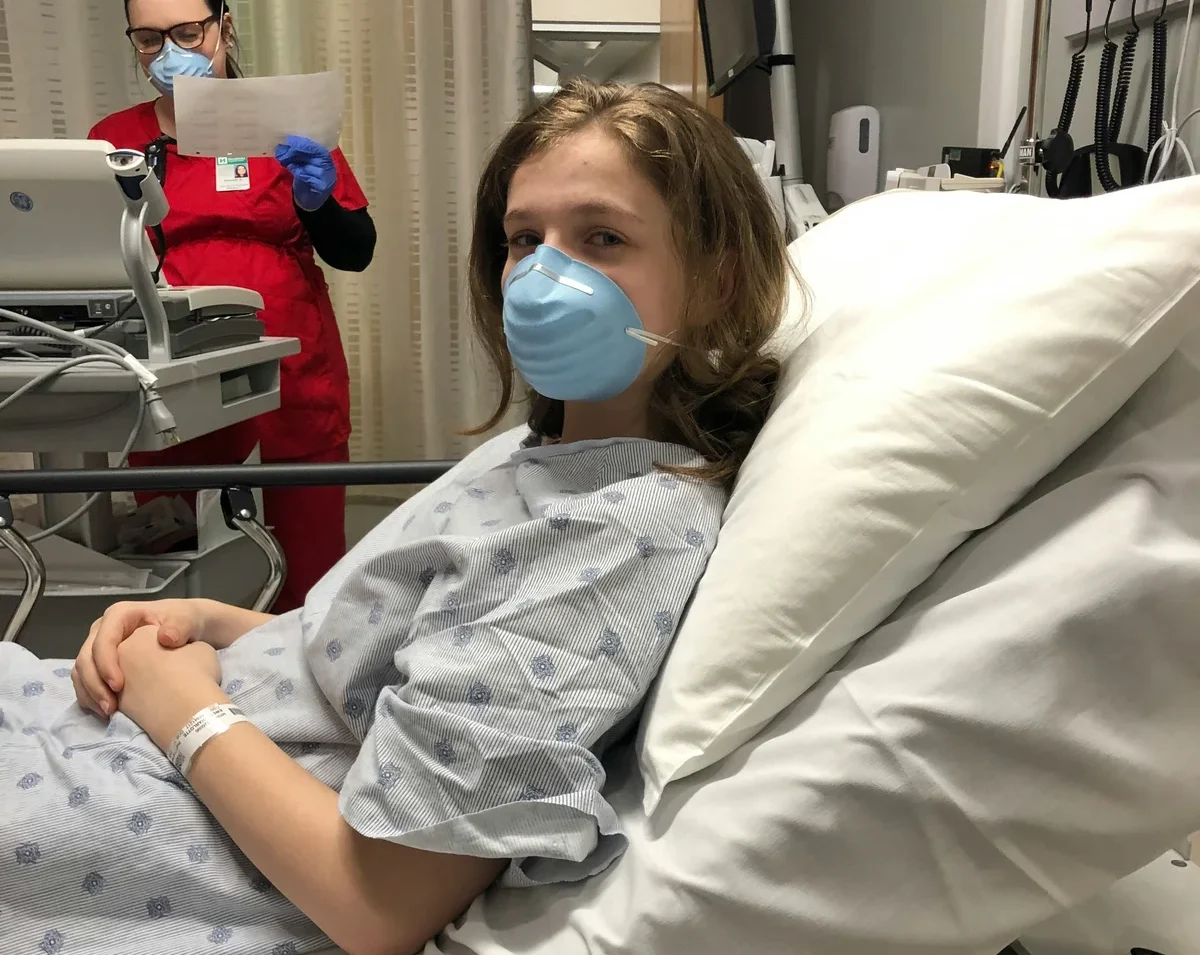Undiagnosed Day is an important initiative that brings attention to the challenges faced by patients with rare diseases. In the vast majority of cases, the diagnostic process is long and difficult, causing significant distress to patients and their families. One of the main reasons for this is the limited medical knowledge about rare diseases and the complexity of symptoms, which are often mistaken for more common conditions. On average, it takes around 7 years for patients to receive a diagnosis. However, there are cases where individuals have waited up to 20 years for a definitive diagnosis.
The Long Road to Diagnosis
People with rare diseases, such as Hereditary Angioedema (HAE), often face a long and frustrating journey, visiting numerous specialists in search of answers.
HAE is a genetic disorder that causes recurrent episodes of swelling, particularly in the face, limbs, genitals, and gastrointestinal tract, leading to severe abdominal pain.
Because of its rarity and unusual symptoms, HAE is often misdiagnosed, resulting in incorrect treatments and inadequate care.
Conditions Commonly Mistaken for HAE
Hereditary Angioedema is frequently confused with allergic skin reactions, such as urticaria, which also cause swelling and itching. However, the key difference is that HAE swelling does not respond to standard treatments with antihistamines or corticosteroids, typically used for allergies.
In addition, due to gastrointestinal symptoms like abdominal pain and vomiting, HAE is often misdiagnosed as gastrointestinal disorders, such as irritable bowel syndrome or even acute pancreatitis. As a result, many patients undergo unnecessary abdominal surgeries and experience postoperative complications.
The Importance of Early Diagnosis
An early and accurate diagnosis of HAE is crucial, as it allows for the implementation of appropriate treatment, which can greatly improve the patient’s quality of life.
The correct treatment also reduces the risk of throat swelling, which can be life-threatening and lead to suffocation. However, diagnosis is challenging and requires extensive medical knowledge and access to specialized diagnostic testing, which is not always readily available.
Supporting the Undiagnosed: What Can You Do?
Saventic Care is a free platform that, in collaboration with rare disease specialists and the Saventic Health team, helps accelerate the diagnostic process.
If you are experiencing persistent, unexplained symptoms, or know someone who is, fill out the form on our website to receive free support in your diagnostic journey.
Undiagnosed Day reminds us of the importance of social support, medical education, and investment in rare disease research. Every patient deserves access to a fast and accurate diagnosis, and raising awareness — along with professional approaches to rare diseases — is key to achieving that goal.
By increasing awareness and supporting research, we can hope to improve the lives of many undiagnosed patients in the future.




